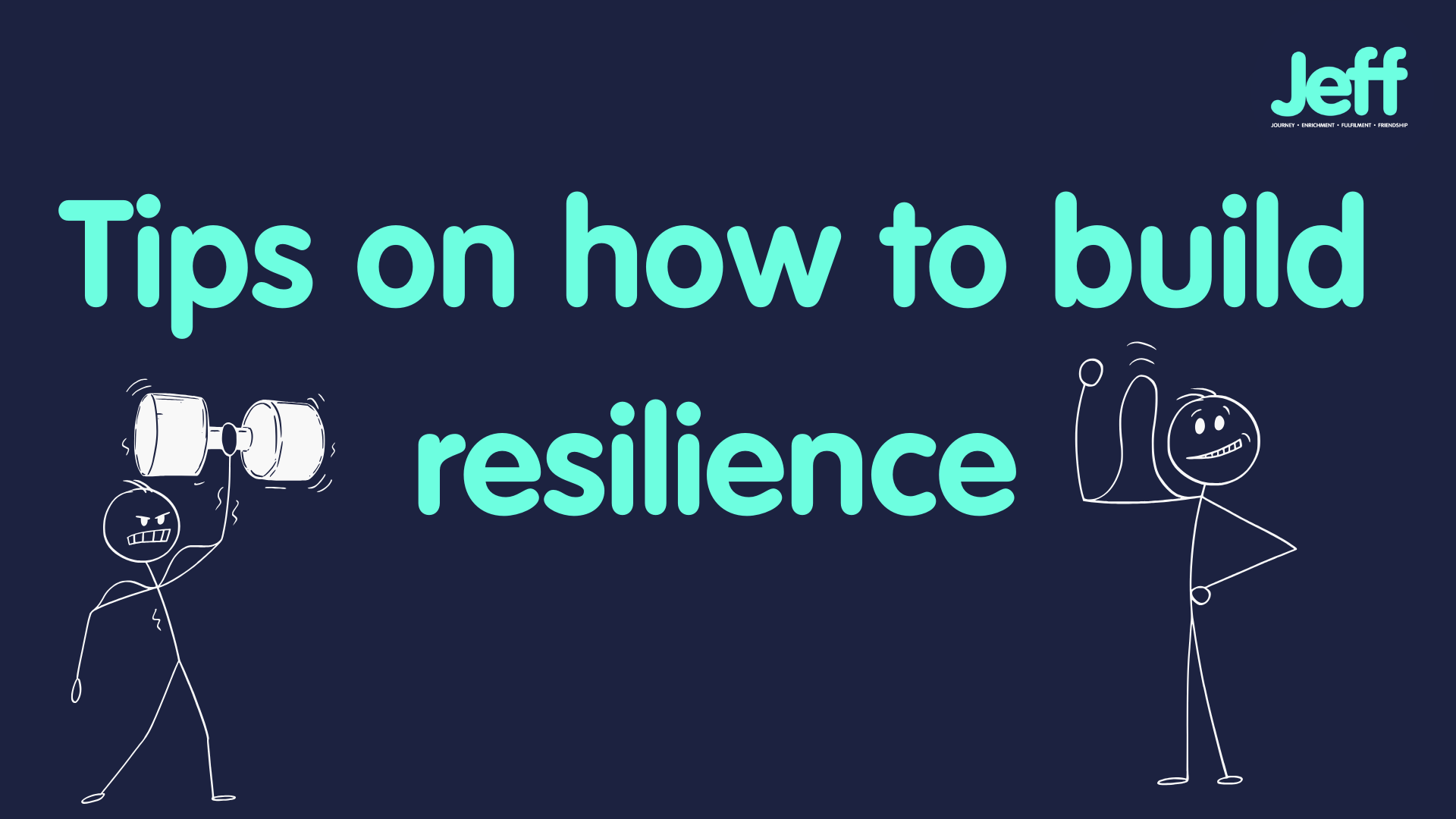
𝗪𝗵𝗮𝘁 𝗱𝗼 𝘆𝗼𝘂 𝘁𝗵𝗶𝗻𝗸 𝗼𝗳 𝘄𝗵𝗲𝗻 𝘄𝗲 𝘂𝘀𝗲 𝘁𝗵𝗲 𝘄𝗼𝗿𝗱 ‘𝗿𝗲𝘀𝗶𝗹𝗶𝗲𝗻𝗰𝗲’?
Building mental resilience is a process that involves developing the ability to adapt and bounce back from challenging situations. It requires cultivating a positive mindset, managing stress effectively, and practising self-care.
Here are some strategies to help build mental resilience:
1. Cultivate a positive mindset: Focus on positive thoughts and practice gratitude. Challenge negative thinking patterns and reframe them in a more positive light.
2. Develop a support system: Surround yourself with supportive and positive people who can provide encouragement and guidance during difficult times.
3. Practice self-care: Take care of your physical, emotional, and mental well-being. Engage in activities that bring you joy and relaxation, such as exercise, hobbies, or spending time in nature.
4. Set realistic goals: Break down large goals into smaller, achievable steps. Celebrate your progress along the way, which can boost your confidence and motivation.
5. Manage stress effectively: Identify stressors in your life and develop healthy coping mechanisms, such as deep breathing exercises, meditation, or engaging in activities that help you relax.
6. Learn from setbacks: View setbacks as opportunities for growth and learning. Reflect on what went wrong and how you can improve in the future.
7. Get a good night’s sleep: Getting enough hours of sleep regularly is so important for your physical and mental wellbeing. It gives your body and mind time to recharge so it can function properly, improving; concentration and productivity, increasing positive emotions and social interactions and reducing stress.
8. Seek support when needed: Don’t hesitate to reach out and speak to a friend, loved one, mental health charity or a professional if you’re struggling with your mental health. Therapists or counsellors can provide guidance and support tailored to your specific needs.
Remember, building mental resilience is a gradual process that requires consistent effort and practice. By using these strategies, you can help to develop the ability to navigate challenges and bounce back .
Can you give an example of someone you know, personally or in the public eye who has shown strong resilient and why? Answer in the comments below
#MentalHealthTips #BuildingResilience #ResilienceTips
Back to JEFF Project
